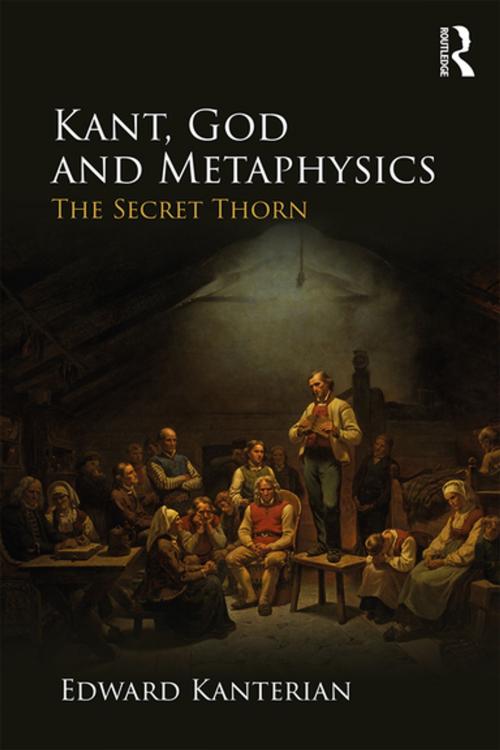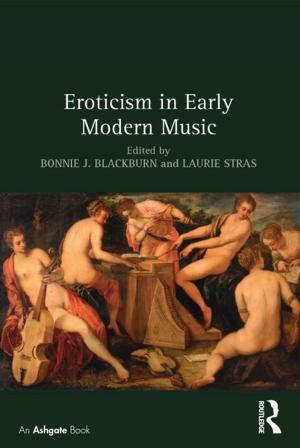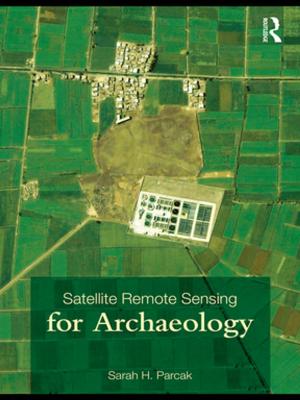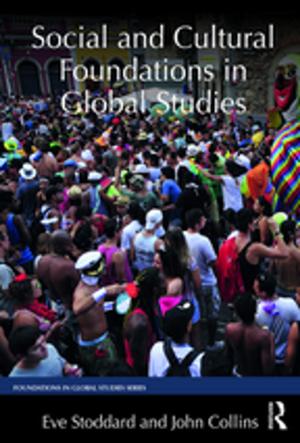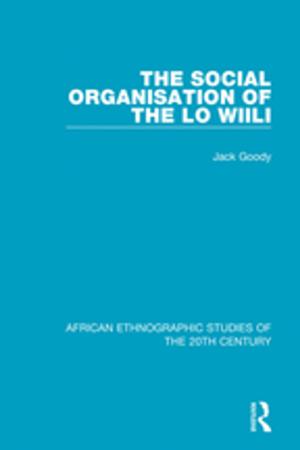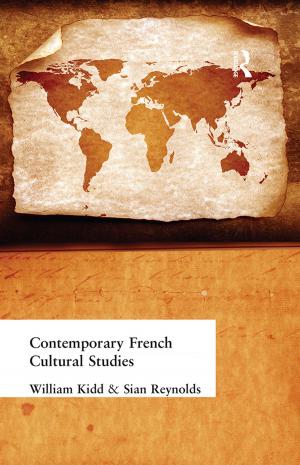| Author: | Edward Kanterian | ISBN: | 9781351395816 |
| Publisher: | Taylor and Francis | Publication: | November 15, 2017 |
| Imprint: | Routledge | Language: | English |
| Author: | Edward Kanterian |
| ISBN: | 9781351395816 |
| Publisher: | Taylor and Francis |
| Publication: | November 15, 2017 |
| Imprint: | Routledge |
| Language: | English |
Kant is widely acknowledged as the greatest philosopher of modern times. He undertook his famous critical turn to save human freedom and morality from the challenge of determinism and materialism. Intertwined with his metaphysical interests, however, he also had theological commitments, which have received insufficient attention. He believed that man is a fallen creature and in need of ‘redemption’. He intended to provide a fortress protecting religious faith from the failure of rationalist metaphysics, from the atheistic strands of the Enlightenment, from the new mathematical science of nature, and from the dilemmas of Christian theology itself. Kant was an epistemologist, a philosopher of mind, a metaphysician of experience, an ethicist and a philosopher of religion. But all this was sustained by his religious faith.
This book aims to recover the focal point and inner contradictions of his thought, the ‘secret thorn’ of his metaphysics (as Heidegger once put it). It first locates Kant in the tradition of reflection on the human weakness from Luther to Hume, and then engages in a critical, but charitable, manner with Kant’s entire pre-critical work, including his posthumous fragments. Special attention is given to The Only Possible Ground (1763), one of the most difficult, interesting and underestimated of Kant’s works. The present book takes its cue from an older approach to Kant, but also engages with recent Anglophone and continental scholarship, and deploys modern analytical tools to make sense of Kant. What emerges is an innovative and thought-provoking interpretation of Kant’s metaphysics, set against the background of forgotten religious aspects of European philosophy.
Kant is widely acknowledged as the greatest philosopher of modern times. He undertook his famous critical turn to save human freedom and morality from the challenge of determinism and materialism. Intertwined with his metaphysical interests, however, he also had theological commitments, which have received insufficient attention. He believed that man is a fallen creature and in need of ‘redemption’. He intended to provide a fortress protecting religious faith from the failure of rationalist metaphysics, from the atheistic strands of the Enlightenment, from the new mathematical science of nature, and from the dilemmas of Christian theology itself. Kant was an epistemologist, a philosopher of mind, a metaphysician of experience, an ethicist and a philosopher of religion. But all this was sustained by his religious faith.
This book aims to recover the focal point and inner contradictions of his thought, the ‘secret thorn’ of his metaphysics (as Heidegger once put it). It first locates Kant in the tradition of reflection on the human weakness from Luther to Hume, and then engages in a critical, but charitable, manner with Kant’s entire pre-critical work, including his posthumous fragments. Special attention is given to The Only Possible Ground (1763), one of the most difficult, interesting and underestimated of Kant’s works. The present book takes its cue from an older approach to Kant, but also engages with recent Anglophone and continental scholarship, and deploys modern analytical tools to make sense of Kant. What emerges is an innovative and thought-provoking interpretation of Kant’s metaphysics, set against the background of forgotten religious aspects of European philosophy.
